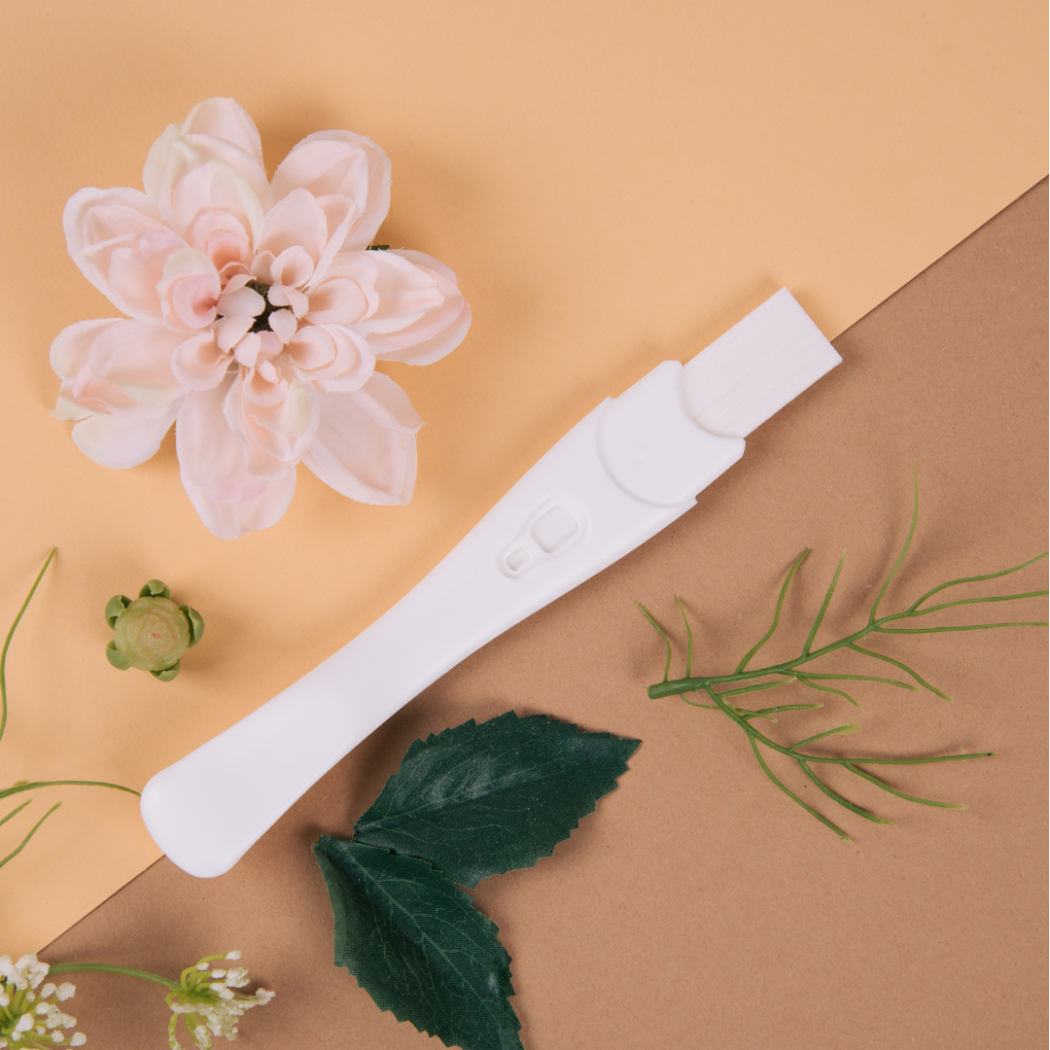 For the last two months of 2021, I dove into different conditions, practices, and issues within women’s reproductive care, exploring topics like infant mortality rate disparities between white and Black infants, the disproportionate reproductive burden current contraceptive methods place on women, how painful menstruation is overlooked and delegitimized, the hysterectomy’s fraught history in North Carolina and the U.S., and more. I have always been passionate about women’s rights and equality, and this project gave me a fantastic opportunity to combine my commitment to feminism and passion for medicine into a deliverable resource for other women.
For the last two months of 2021, I dove into different conditions, practices, and issues within women’s reproductive care, exploring topics like infant mortality rate disparities between white and Black infants, the disproportionate reproductive burden current contraceptive methods place on women, how painful menstruation is overlooked and delegitimized, the hysterectomy’s fraught history in North Carolina and the U.S., and more. I have always been passionate about women’s rights and equality, and this project gave me a fantastic opportunity to combine my commitment to feminism and passion for medicine into a deliverable resource for other women.
As I journeyed through this project, I was first and foremost astounded by the women I interviewed and their willingness to speak about personal issues for the benefit of other women. Nearly every woman I interviewed for this project reported that this was their first time speaking about their specific experience – from STDs to menopause – outside of a private or medical setting. Yet, they were willing to speak with me, someone they had never met, about these intimate topics. As I conversed with my interviewees, the same motivation for their candor emerged – they wanted to help other women who may be struggling with the same issue. This altruistic concern for others underscored a fundamental beauty of womanhood – the tendency toward community, even in suffering, so as to improve others’ lives, and in the process, uplift ourselves. Give women a platform and they will speak; bring women together and they will change the world.
When it comes to medicine, I am an optimist. I thoroughly believe that, in its truest form, the art of doctoring, nursing, or providing care in a medical context can serve to make individuals’ lives and our society as a whole fundamentally better. With that said, I cannot disregard the severity of need to reform aspects of how medicine is taught, practiced, and institutionalized. At every point along the care process, there is room for error – such as inherent racism or misogyny; but also for triumph – such as an especially considerate nurse or doctor, or policies that prioritize historically marginalized populations. The doctors I spoke with did not hesitate to address the issues within their fields that acutely affect communities of color nor women more generally. I was deeply inspired to see women working within their own spheres of influence to address these problems.
However, my research also illuminated how our patriarchal society continues to influence nearly all aspects of society, not excepting women’s reproductive health care. Women’s bodies, historically and currently, have not been treated with the same importance and respect as men’s bodies, and this difference is compounded for marginalized populations, such as people of color or the transgender/non-binary communities. So many of the conditions and practices I explored have deeply paternalistic, misogynistic, or racist roots.
For example, we explored when the birth control pill was first introduced, unmarried women faced great difficulty trying to secure a prescription in a society ruled by an aversion toward women’s sexual liberation. Nowadays, despite decades of advancement within contraceptive research, there has been no approved equivalent for men, leaving the reproductive burden largely on women. Although our society’s sexual mores may have progressed since the mid-twentieth century, our disproportionate reliance on women to prevent pregnancy has not.
In addition, we also explored how the hysterectomy’s history is complexly intertwined with eugenics programs throughout the twentieth century. These programs were targeted at populations which a smaller, but powerful, portion of the population deemed undesirable, including people of color, people with differing abilities, and people with mental illness. This history still weighs heavily in the collective memory of these communities today. Unsurprisingly, a wariness of reproductive interventions has been ingrained within some members of these communities, often coming at the cost of trust in health care institutions in general.
As we work to address these complex issues, it is important to remember that these issues are not women’s alone to solve. Because women, more often than not, are the ones working to mitigate these issues, it is easy to forget that men also need to play an equal role in their resolution. Where issues are created or perpetuated by men or traditional ideas of masculinity, it is men’s responsibility to reckon with these issues and help create a world where women and men are fundamentally equal. Our contemporary society was created, and is continually dominated, by patriarchal forces, meaning that men are in an important position to work for a more equal world for all.
———-
As a whole, this research series on women’s reproductive health care reinvigorated my personal passion for social change through medicine. As I reflect on my future plans to become a physician, I made a promise to myself to spend my career working to redress these issues. In this commitment, I join ranks of others with the same passions and drives. It is true that so much work remains to be done; but when have passionate women ever shied away from a challenge? Collectively, we have the capability and the will to make change in our lifetimes so that our daughters and granddaughters will receive excellent reproductive care that puts their humanity first. We need to remain loud, demand what we deserve, and most importantly, remain the fiercest advocates for ourselves and all other women.
 Emma Hergenrother is from Ridgefield, CT. She is excited to be currently living in Durham, NC, and contributing to Women AdvaNCe as a Research Fellow. Earning her Bachelor’s from Princeton University, Emma majored in religion with a focus on the relationship between religious attitudes, theological beliefs, and environmentalism. Since graduation, Emma has worked for an affordable housing nonprofit in Connecticut, and is currently studying to become a physician with a focus on pediatric health. In her free time, Emma enjoys cooking with her partner, going for long walks, and diving into her latest audiobook.
Emma Hergenrother is from Ridgefield, CT. She is excited to be currently living in Durham, NC, and contributing to Women AdvaNCe as a Research Fellow. Earning her Bachelor’s from Princeton University, Emma majored in religion with a focus on the relationship between religious attitudes, theological beliefs, and environmentalism. Since graduation, Emma has worked for an affordable housing nonprofit in Connecticut, and is currently studying to become a physician with a focus on pediatric health. In her free time, Emma enjoys cooking with her partner, going for long walks, and diving into her latest audiobook.

There are no comments
Add yours